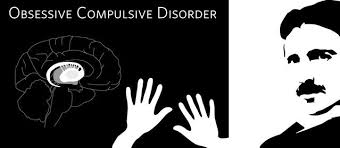Psychotherapy
Cognitive behavioral therapy (CBT), a type of psychotherapy, is effective for many people with OCD. Exposure and response prevention (ERP), a type of CBT therapy, involves gradually exposing you to a feared object or obsession, such as dirt, and having you learn healthy ways to cope with your anxiety. ERP takes effort and practice, but you may enjoy a better quality of life once you learn to manage your obsessions and compulsions.
Therapy may take place in individual, family or group sessions.
Medications
Certain psychiatric medications can help control the obsessions and compulsions of OCD. Most commonly, antidepressants are tried first.
Antidepressants approved by the Food and Drug Administration (FDA) to treat OCD include:
Clomipramine (Anafranil) for adults and children 10 years and older
Fluoxetine (Prozac) for adults and children 7 years and older
Fluvoxamine for adults and children 8 years and older
Paroxetine (Paxil, Pexeva) for adults only
Sertraline (Zoloft) for adults and children 6 years and older
However, your doctor may prescribe other antidepressants and psychiatric medications.



 Contact Us
Contact Us






 Hospitals
Hospitals
 Doctors
Doctors
 Diagnostic
Diagnostic
 Pharmacy
Pharmacy
 Health Tips
Health Tips
 Blog
Blog

























Comments